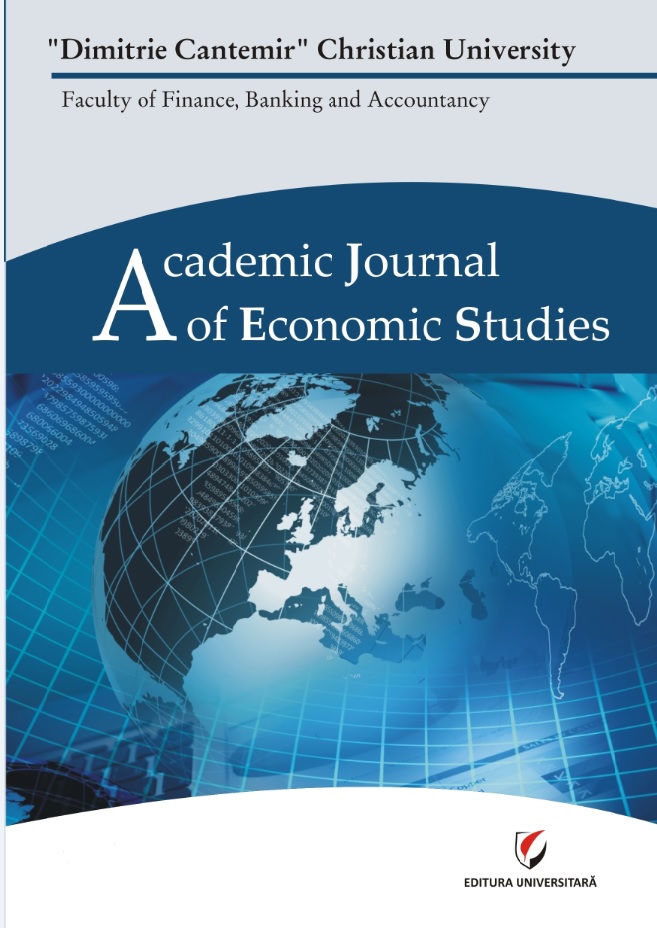Is Trade Openness Suitable for Growth of the Nigerian Manufacturing Sector? An Autoregressive Distributed Lag Approach
Is Trade Openness Suitable for Growth of the Nigerian Manufacturing Sector? An Autoregressive Distributed Lag Approach
Author(s): Anthony Ilegbinosa ImoisiSubject(s): National Economy, Micro-Economics, Public Finances
Published by: Editura Universitară & ADI Publication
Keywords: Trade openness; manufacturing sector output; Foreign Direct Investment; exchange rate; balance of trade
Summary/Abstract: The paper investigates the relationship between trade openness and manufacturing sector output in Nigeria from 1980–2016 using secondary data collected from the Central Bank of Nigeria (CBN) statistical bulletin (2016) and the National Bureau of Statistics (various issues). Trend analysis, descriptive statistics and unit root test were carried out for the study. For estimation analysis, we employed the Bounds (ARDL) test, Pairwise Granger Causality test, ECM test and stability test. The result conformed to economic theory and suggests that trade openness and foreign direct investments have positive and significant relationship with manufacturing sector output for the period under review. However, exchange rate did not conform to economic theory by appearing with a negative sign and it was not statistically significant for the period under review. The independent variables explained 86% of the total variation in manufacturing sector output in Nigeria. The Bounds test indicates that a long run relationship exist between trade openness, foreign direct investment, exchange rate and manufacturing sector output. Pairwise Causality test shows a bi-directional causation between trade openness and manufacturing sector output with the causation effect running from trade openness to manufacturing sector output and from manufacturing sector output to trade openness. Thus, the paper recommends that Nigeria’s manufactured products should be of top notch quality so that they can compete favourably with other manufactured goods produced by other countries in the international market. In addition, effort should be made in formulating policies that will improve both domestic and foreign trade as the economy strives to achieve growth through trade. Thus, there should be macroeconomic stability through the use of suitable trade, fiscal and monetary policies which if properly harmonized would be jointly reinforcing in achieving common macroeconomic objective of favourable balance of trade, price stability and economic growth. Finally, government should consider a set of reliable economic policies that will strengthen bilateral and multilateral trade agreements; this will go a long way in restoring the confidence of trade partners, thus increasing the rate of multilateral trade partners to Nigeria.
Journal: Academic Journal of Economic Studies
- Issue Year: 4/2018
- Issue No: 2
- Page Range: 71-82
- Page Count: 12
- Language: English

